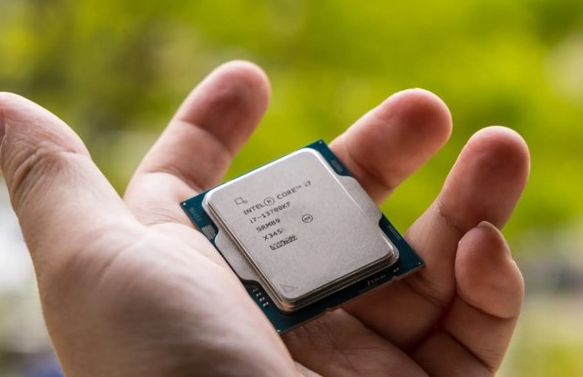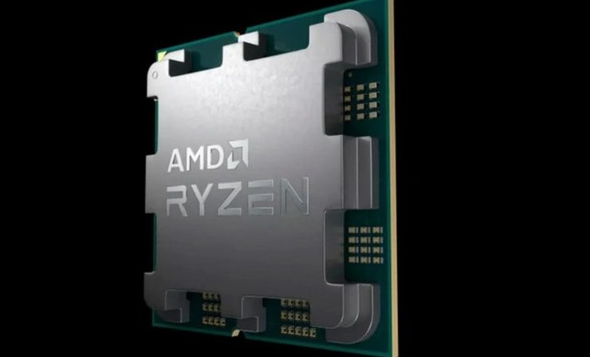
News on April 28, AMD’s 7800X3D and 7950X3D processors have attracted much attention in the gaming CPU market. These two processors are powerful not simply because they have the most cores or are the fastest, but because they are equipped with rich cache resources. However, for many consumers, the concept of CPU cache may still be vague.
CPU cache, in short, is a small piece of ultra-high-speed memory inside the processor. It exists to enable the CPU to more efficiently capture the data required for calculations, just like a customized instant speed-up warehouse for the CPU. The cache can be built into a single processor core, or it can be shared among some or all cores.
According to the editor’s understanding, although a larger cache can indeed improve game performance, blindly increasing the cache will not achieve the best results. The 7950X3D processor does not add additional cache on all cores. There are scientific considerations behind this. Because an excessively large cache may bring some disadvantages, such as increased cost and increased power consumption.

#The working mechanism of the CPU cache is very subtle. It works in conjunction with RAM to form an elaborate memory hierarchy. In this structure, cache is at the top, followed by RAM, and finally storage. This design can ensure that the data frequently used by the CPU is always close to the processor, thereby greatly shortening the waiting time and increasing the computer's running speed.
In addition to the CPU, the cache is also divided into three levels: L1, L2 and L3, each with different responsibilities. The L1 cache is the layer closest to the CPU, with a small capacity but extremely fast speed; the L2 cache is between L1 and L3, serving as a link between the previous and the following; and the L3 cache is a big thing shared across cores, and its existence It can greatly reduce the frequency with which the CPU directly requests data from RAM, thereby improving overall efficiency.

In the field of gaming, the importance of CPU cache is self-evident. As game design continues to become more complex, cache size has become one of the key factors affecting game performance. AMD has borrowed 3D V-Cache technology to gain a significant advantage in the gaming CPU market, and Intel is also constantly working to increase the cache capacity of its CPUs to cope with competition. It can be expected that with the continuous advancement of caching technology and the expansion of application fields, future game performance will reach a new height.
The above is the detailed content of The Way of Cache: How AMD gaming CPUs stand out with their rich cache resources. For more information, please follow other related articles on the PHP Chinese website!




